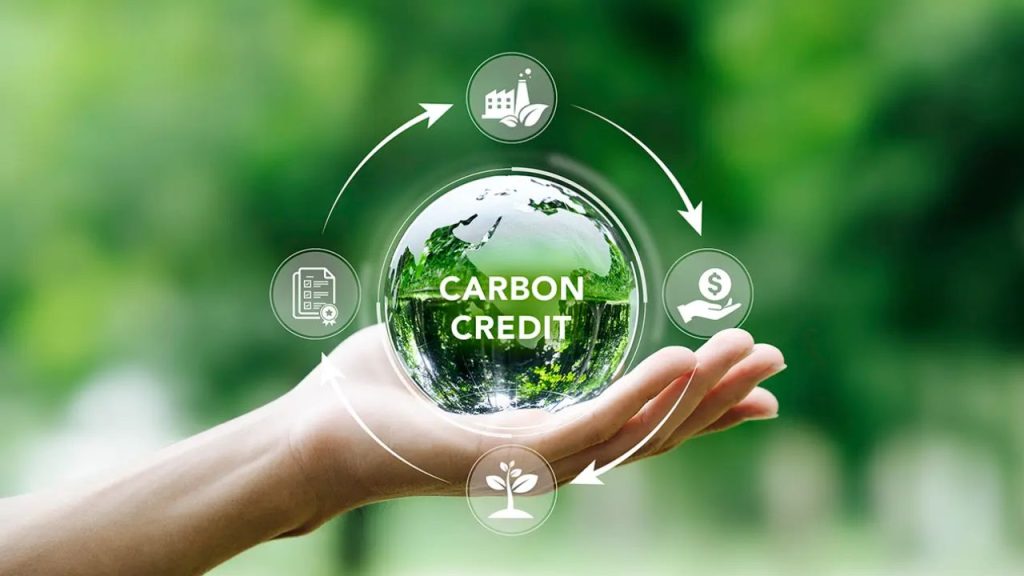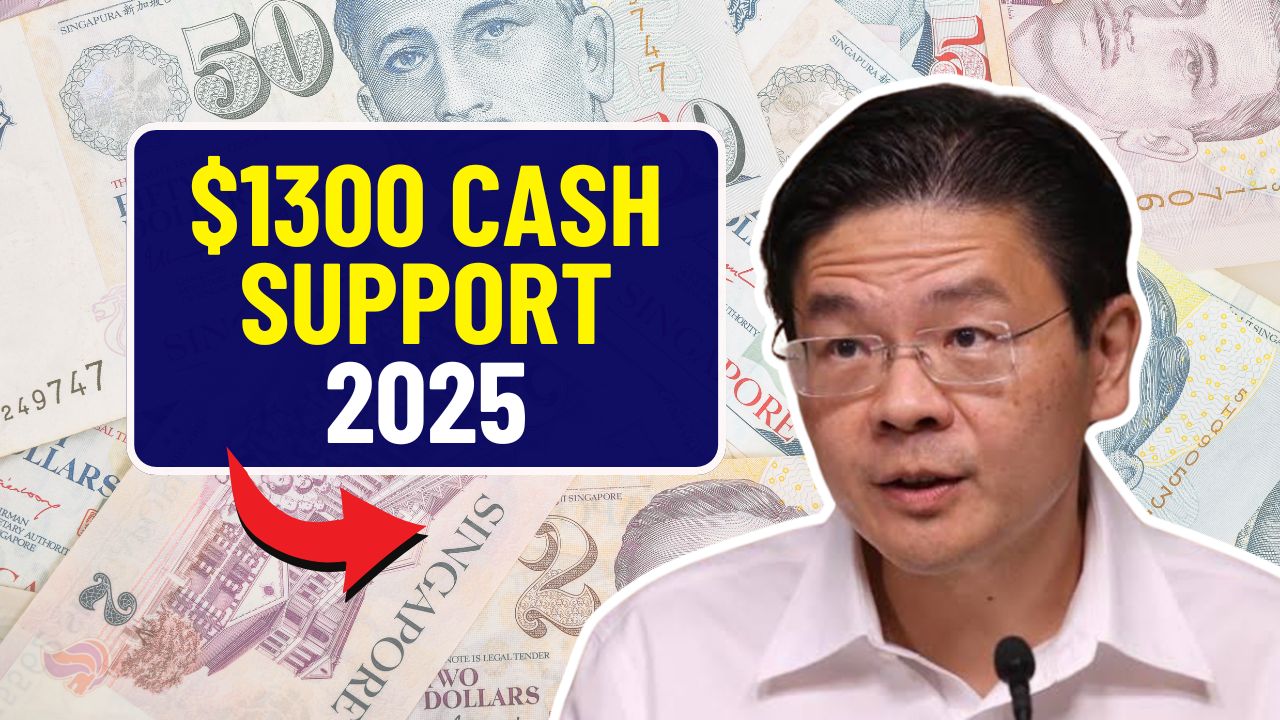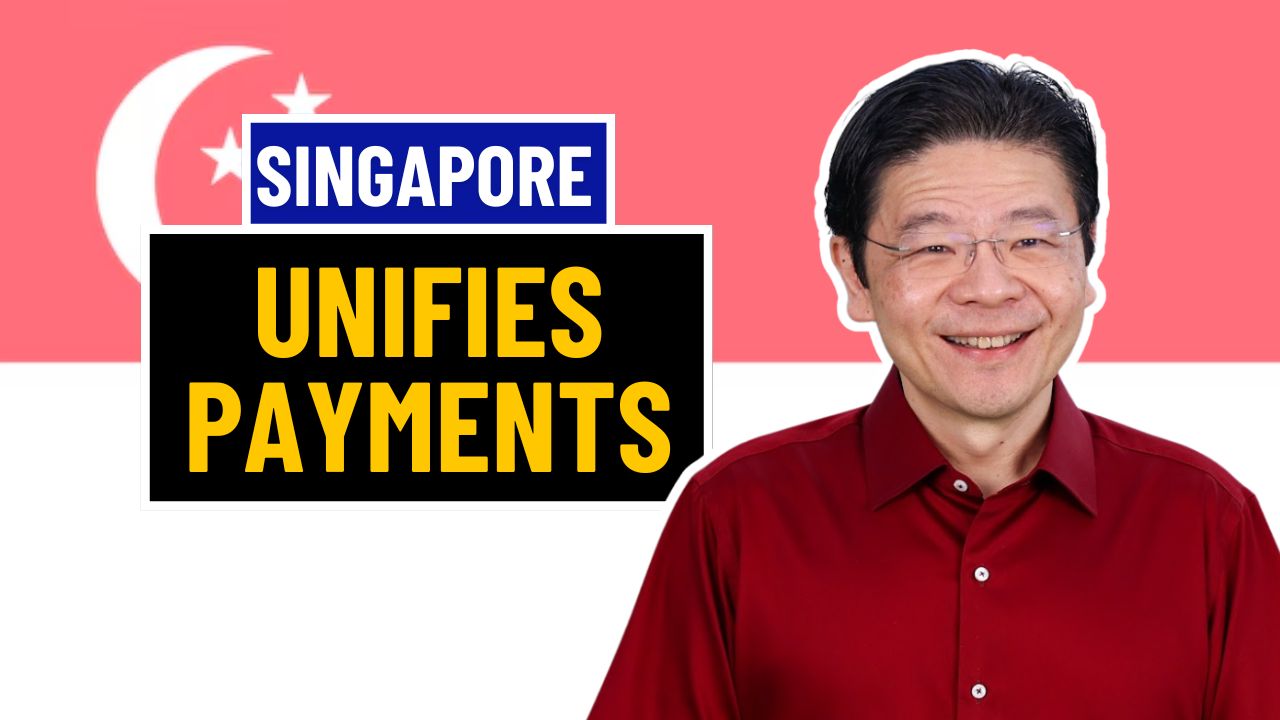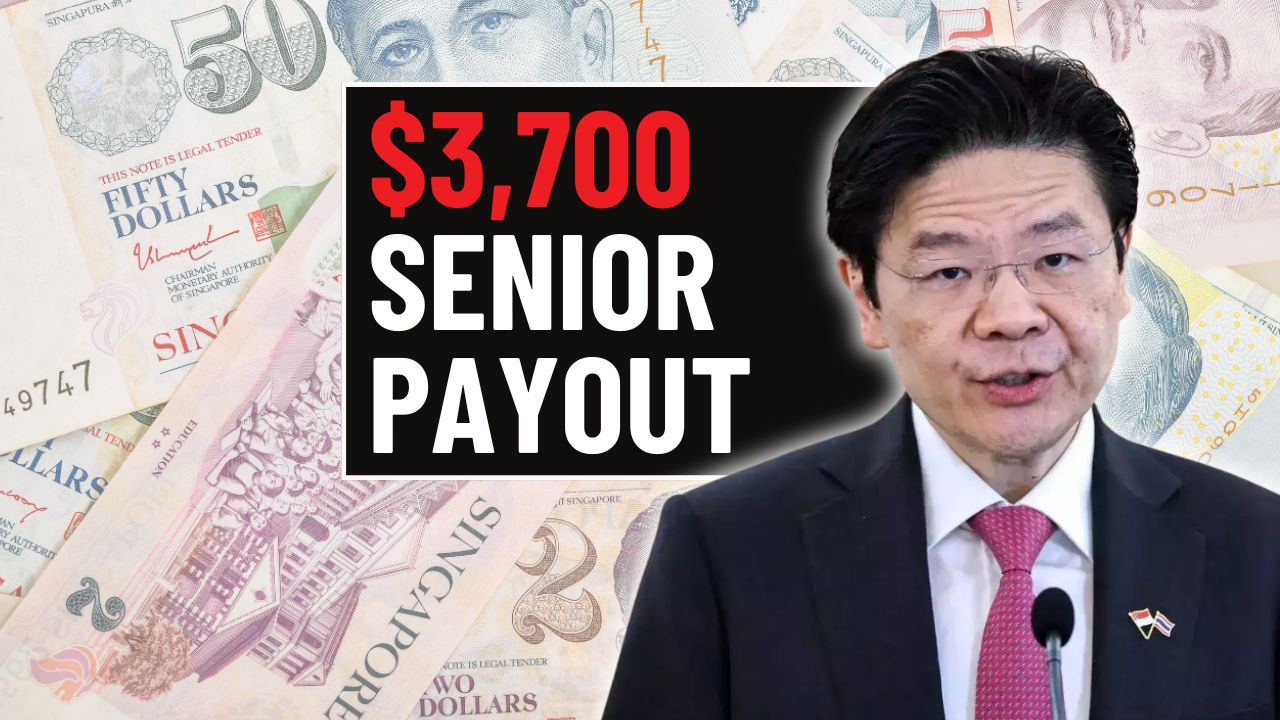In a major move to boost the credibility and transparency of voluntary carbon credit usage, Singapore has unveiled a draft guidance framework aimed at helping businesses implement meaningful and accountable decarbonisation strategies. Released on 20 June 2025 by the National Climate Change Secretariat (NCCS), Ministry of Trade and Industry (MTI), and Enterprise Singapore (EnterpriseSG), this draft reflects the nation’s intent to become a globally respected hub for carbon credit markets.
With growing concerns about fragmented standards in the voluntary carbon market (VCM), the new guidance aims to restore confidence by introducing core principles that prioritise environmental integrity and corporate responsibility. Public consultation on the draft is open until 20 July 2025, allowing stakeholders across industries to offer their input.
Table of Contents
Tackling Market Confusion with Principles Rooted in Clarity
The draft guidance has been introduced to resolve long-standing industry concerns over vague quality benchmarks and inconsistent standards that have clouded carbon credit usage. It outlines four central principles to build trust and harmonise practices. These include aligning credit use with global frameworks such as Article 6 of the Paris Agreement, emphasising emission reductions before turning to credits, and ensuring credits are environmentally robust.
One notable clarification is the exclusion of “corresponding adjustments” from voluntary credits, as these are not part of national climate accounting. This helps separate private sector actions from government climate targets, avoiding duplication or over-claiming progress toward national commitments.
Raising the Bar with High-Integrity Carbon Credit Criteria
Singapore’s new guidance adopts stringent quality measures inspired by its International Carbon Credit (ICC) framework. Companies must ensure that credits are real, additional, verified by credible methods, and free from double counting or harmful leakage effects. To strengthen due diligence, firms are advised to use third-party verification tools or environmental ratings when choosing credit-generating projects.
These robust checks aim to elevate the legitimacy of climate claims and reassure investors, regulators, and the public that corporate offsetting efforts reflect genuine climate impact rather than superficial greenwashing.
Carbon Tax Offsets and Transparency Rules Enter the Picture

In addition to voluntary guidance, the framework reinforces key policy changes that support Singapore’s ambition of becoming a leading player in global carbon trading. One such change allows firms subject to carbon taxes to offset up to 5% of their taxable emissions using carbon credits that comply with Article 6 of the Paris Agreement.
Moreover, companies are now required to disclose carbon credit usage in sustainability reports aligned with the International Sustainability Standards Board (ISSB) guidelines. This regulatory shift ensures that climate reporting becomes more consistent, comparable, and transparent hallmarks of a mature green economy.
Strengthening Market Supply and Regional Cooperation
To ensure a healthy pipeline of eligible carbon credits, Singapore is supporting the development of supply-side initiatives such as the Carbon Project Development Grant, launched at COP29. This grant is intended to accelerate project financing, particularly in developing regions where mitigation potential is high but resources are limited.
In parallel, the Singapore Sustainable Finance Association (SSFA) is coordinating with other ASEAN countries under the ASEAN Common Carbon Framework. This collaborative effort seeks to harmonise credit quality, scale up issuance, and increase regional demand all while ensuring that credit claims are trustworthy and clearly substantiated.
Emphasis on Corporate Responsibility and Final Emissions
The draft explicitly frames voluntary credits as a tool to manage only residual emissions that is, emissions that remain after a business has made all viable attempts to reduce its own carbon footprint. This reinforces the principle that credits should be the last resort in decarbonisation strategies, not the starting point.
By encouraging businesses to disclose detailed information on the quantity, purpose, and validation status of the credits they use, the guidance sets a high bar for transparency. Such disclosures will enhance stakeholder confidence and create positive pressure on companies to adopt real, measurable actions toward net-zero targets.
Boosting Trust and Driving Investment Through Better Governance
Transparency and accountability lie at the heart of the new framework. By asking companies to go beyond compliance and openly declare the environmental integrity of their carbon credits, Singapore’s approach aims to foster greater trust across industries and financial markets. This not only attracts sustainable investment but also ensures that corporate climate action stays aligned with global net-zero ambitions.
Moreover, mandatory disclosures tied to internationally recognised standards like ISSB reinforce Singapore’s leadership in sustainable finance and climate governance, further solidifying its role in shaping Asia’s carbon market future.
Public Input and Policy Evolution
The ongoing consultation process for the draft guidance will shape its final version. Industry leaders, climate professionals, and civil society groups are encouraged to share their views by the 20 July deadline. As the draft evolves, Singapore’s climate authorities aim to balance regulatory oversight with innovation and flexibility in the carbon credit market.
With this guidance, Singapore isn’t just tightening rules it’s laying the foundation for a more reliable, transparent, and effective carbon ecosystem. By aligning private ambition with global climate goals, it sends a clear message that voluntary climate action must be credible, strategic, and impactful.
Singapore Steps Up as a Climate Governance Trailblazer
Singapore’s draft guidance on voluntary carbon credits signals a thoughtful yet decisive approach to managing climate-related claims in the corporate world. By offering a structured framework underpinned by environmental integrity, international alignment, and public disclosure, the city-state is setting a new benchmark in how businesses can responsibly contribute to global decarbonisation. As companies, investors, and regulators take note, this move may well influence climate reporting practices and carbon trading norms across the Asia-Pacific region and beyond.




